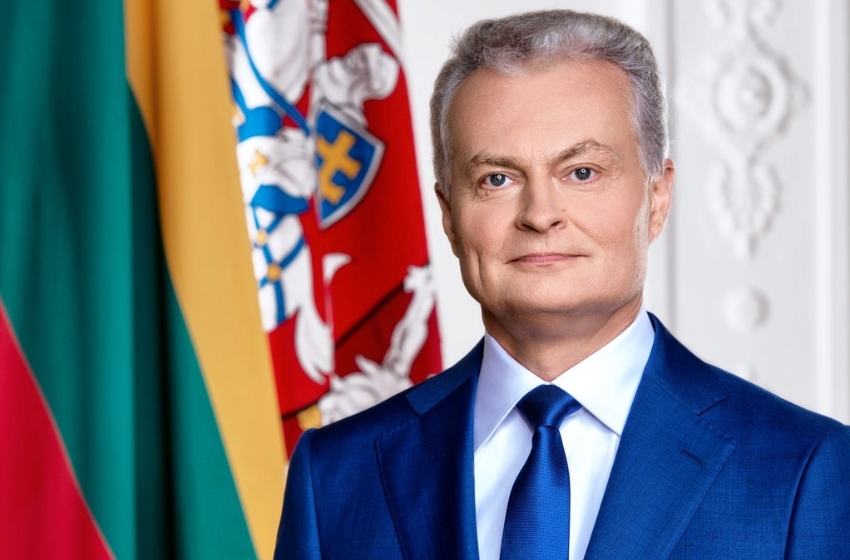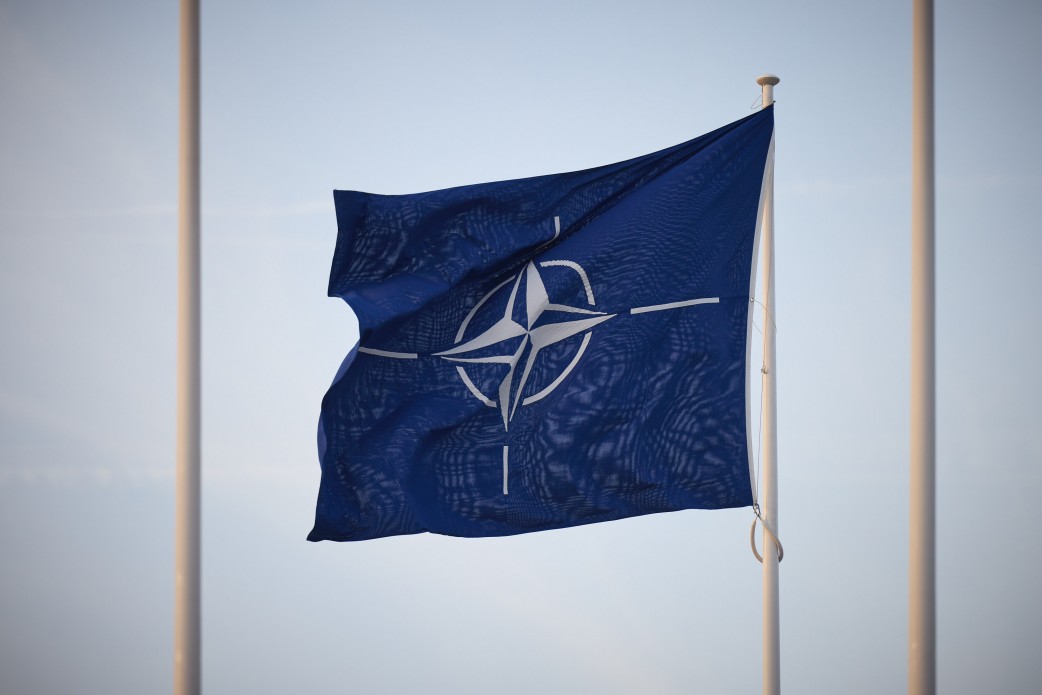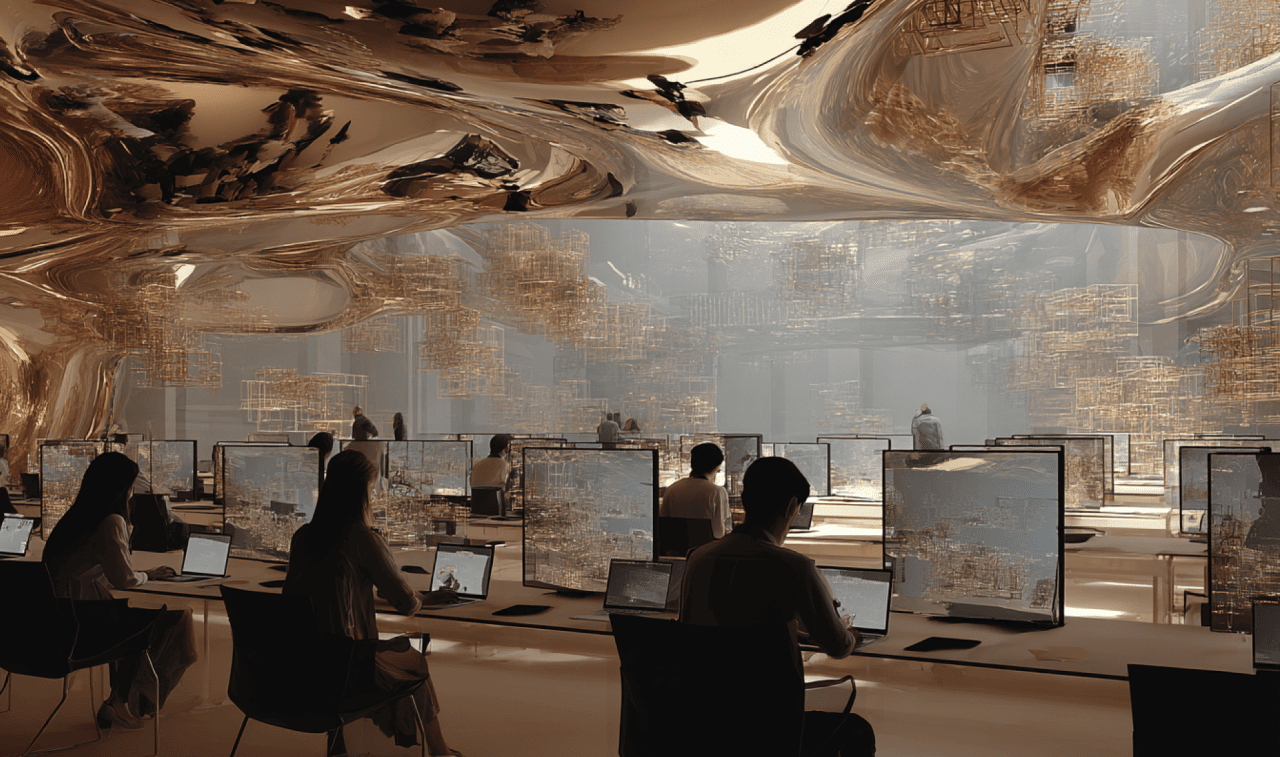Lithuanian President Gitanas Nausėda has called for a shift toward a "positive" economic agenda in the relationship between Europe and the United States, emphasizing the need for strong American support in deterring Russian aggression in Europe. Speaking ahead of an informal EU leaders' meeting in Brussels, Nausėda stressed that without the United States as a NATO ally, it would be extremely difficult to counter Russia's actions.
"We need the United States on our side because I cannot imagine how we can deter Russian aggression in Europe without our close ally and NATO partner, the United States. We must focus on a positive economic agenda with the U.S. This includes buying more liquefied natural gas from America, as Lithuania already does," Nausėda said.
Lithuania currently meets around 52% of its gas needs through imports of liquefied natural gas, helping to diversify energy resources and reduce dependence on Russian gas.
The Lithuanian president also pointed to another potential area of collaboration: the purchase of military equipment from the United States. Nausėda described this as an opportunity to create a constructive economic relationship, stressing that such cooperation would be crucial in the current geopolitical climate.
"Time is a precious asset. The Ukrainians are fighting for it, and we must act decisively," he added, referring to the ongoing war in Ukraine.
He noted that supporting Ukraine in this conflict is essential for Europe’s security and stability.
Nausėda acknowledged the need for cooperation within NATO and stressed that Europe must find ways to make itself more attractive to the United States. This could include initiatives like free trade agreements in the automotive sector and continued energy collaboration.
"By purchasing more energy resources from the U.S., we align with the United States' readiness to provide additional energy supplies, which is a win-win situation," Nausėda explained.
The president also urged EU leaders to make quick and effective decisions, stressing the importance of unity among European nations.
"We must remain united, whether we’re discussing economic tariffs or geopolitical issues like Greenland. We cannot afford to delay decisions. The time to act is now," he concluded.





















